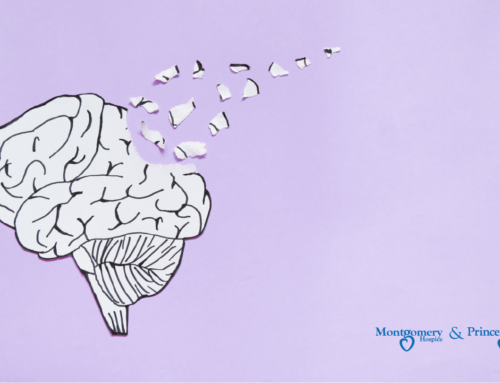
For good or ill, we’ve all internalized messages from those around us and from our society in general. When it comes to men, some of those messages haven’t served us well. When experiencing pain or discomfort or struggle, some of us were told to “take it like a man”—to not complain or seek help or even acknowledge our hurt. If we didn’t hear these kinds of words explicitly, we were exposed to hundreds of images on television and in the movies of heroes and “tough guys” who seemed to bear any significant pain with stoic resolve. The message seemed clear—to acknowledge any pain and seek help would be to admit weakness and risk being seen as less than the ideal man.
When we stand back and name this reality, we see how obviously toxic it can be, and yet the things we internalize can remain with us, even when it’s in our best interest to let them go. Men can be more hesitant to go to the doctor for regular check-ups or they put off seeking medical help, choosing instead to live in pain or discomfort. At times, men with mental health issues will avoid getting support because they don’t want to be seen as weak, so they embrace the societal demand to “man up,” no matter how much it may cost them and their loved ones. Sadly, I’ve been in grief groups where a spouse has shared in deep anguish and regret: “I told him to go to the doctor to get those symptoms checked out, and he wouldn’t go for months and months . . .”
Cultural biases and attitudes, especially toward men in minority communities, can also affect the way these men approach their health. Let’s face it, the history of the medical community in its treatment of minority men has been a mixed one over the generations, and men in minority communities often must deal with both the inequities of care and the potential stigma of being labelled in biased ways. This makes trust in medical institutions much more challenging for men who have felt a sense of invisibility from those offering care.
It’s our hope that men from all communities will speak up for their unique health needs and concerns— that men will not see themselves as totally independent individuals who are largely immune to the struggles of life, but more as valuable participants in communities where health in all its forms can be discussed and promoted. Men need to be able to call upon medical professionals when check-ups are due, when symptoms arise, when surgeries are needed, and when medicines are essential. Men need to be able to turn to mental health professionals without fear of stigma and in recognition of the value of such support. Men need to be able to grieve when they experience a loss, acknowledging their love and care for those in their lives. It will require a great deal of trust-building from those in the medical community as well as the efforts of individual men to move on from internalized messages they might have experienced since childhood.
As we center men in June for Men’s Health Month, I encourage them to make that appointment, get that symptom checked, address that issue which has been bothering you, acknowledge and speak up for what you need. That sounds like the kind of courage which is befitting of men. You would be doing yourself a favor and giving a gift to those who care about you.

Kip Ingram, Director of Bereavement Care Services
June 2023


